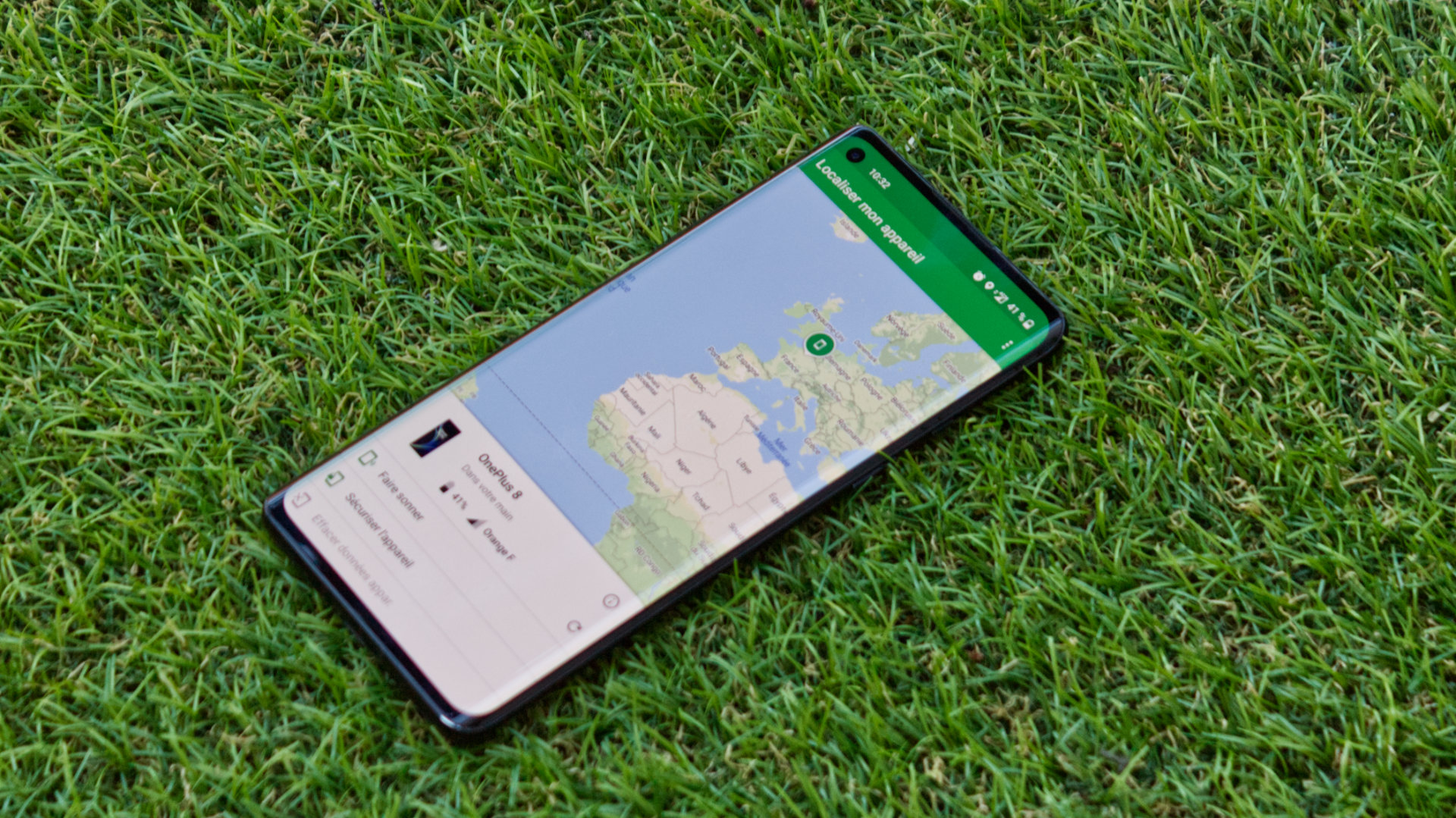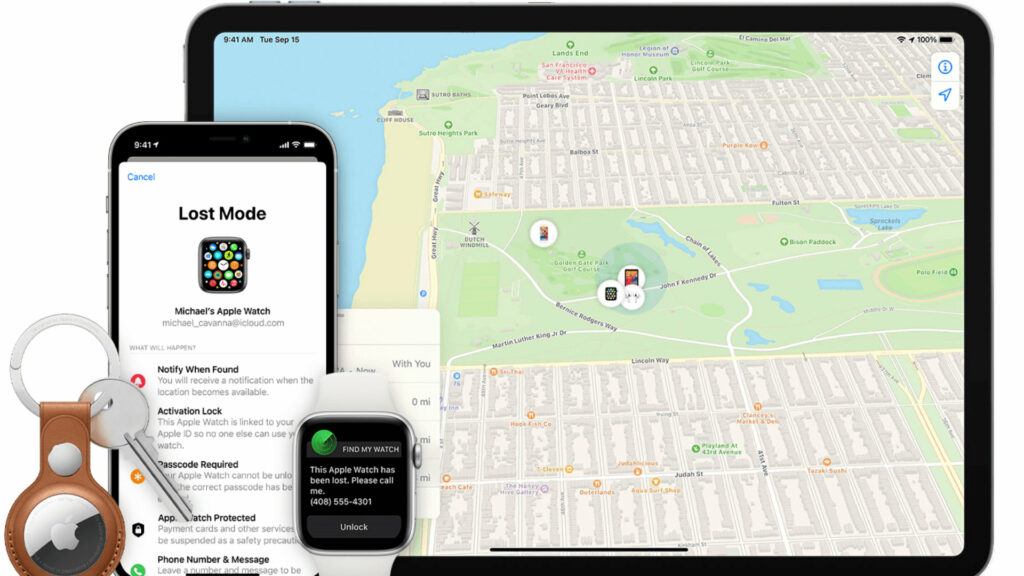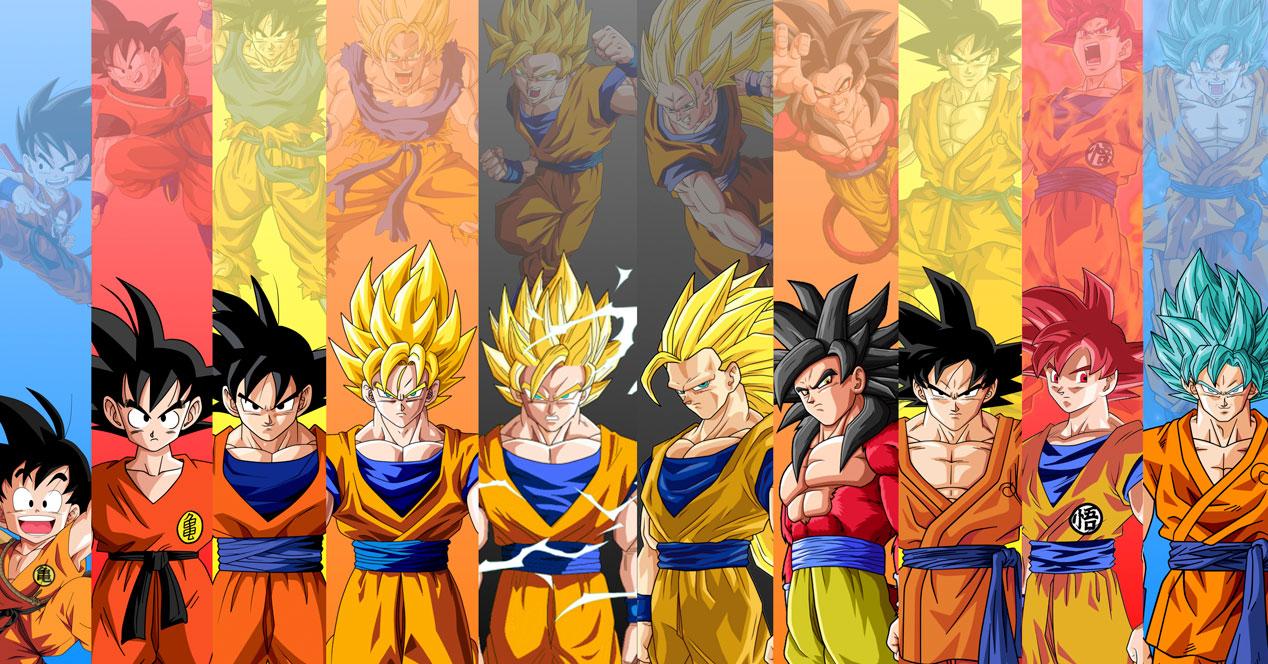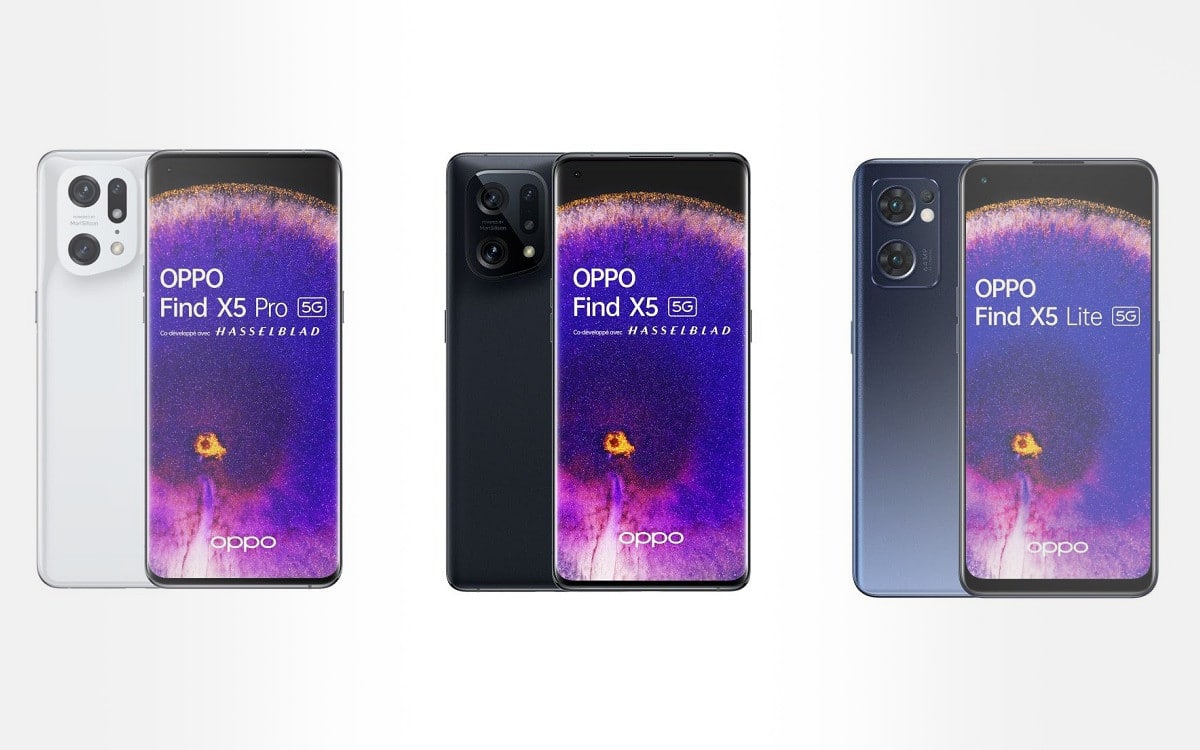
What if billions of phones around the world help you find your keys? This is the future that Google seems to want to create with a future feature of Android.
In an article dated June 17, 2021, the XDA Developers site noticed some interesting changes coming to Google’s mobile OS. The company aims to transform most Android phones into relay beacons serving the largest network of found objects in the world.
Three billion devices in circulation
By analyzing the latest version of Play Services, an application at the heart of the Android system, it is possible to find traces of this feature that would allow all owners of Android phones ” help locate your devices and those of others “. The tool is not activated for the moment, but on paper it looks furiously like what Apple is doing with its “Locate” network, which makes it easy to find your iPhone, iPad or AirTags.

We had already pointed out that with its 1 billion and a few iPhones in circulation, Apple had a solid and efficient lost and found network available. But the possibilities offered by the initiative of Google are even more interesting since at the last information, there are more than three billion Android smartphones in circulation in the world. What to create an extremely dense mesh.
And where Google seems smart is that this new feature wouldn’t even require an Android system update. The Play Servicescan be updated via the Google application store, regardless of the version of the OS you are on. By pushing a button, Google could therefore make its functionality available on billions of mobiles. (cashcofinancial.com)
Can you really compete with Apple?
So the innovation seems enticing, but the execution may well be more complicated than expected. First, because Android phones sold in China do not embed Play Services since no Google service is accepted in the country. This therefore reduces the number of potential relay beacons.
Second, because the installed base of Android devices is very heterogeneous. The hardware capabilities of each phone vary, so does the implementation of Bluetooth operated by each manufacturer, and not all cellphones are necessarily well equipped to ensure the important level of privacy protection that such a feature requires. Indeed, as soon as a feature touches the GPS location of a device, the data is sensitive. Deploying such a tool on such a diverse fleet of machines is mechanically quite complicated, whatever Google does.
For its part, Apple has much greater control over the iPhones in circulation and can therefore provide a better supervised service where all the data is encrypted. Under these conditions, we understand that Google is taking its time to deploy its novelty. The prospects offered are nevertheless interesting. If the entire Android ecosystem works on the same location network, we could see AirTag type beacons appearing dedicated to the Google ecosystem. No more excuses for not finding your keys.


